Sources and recommended reading: “Eat, Stop, Eat” Brad Pilon – https://amzn.to/2xGH9Rr We are back!!! Sorry for the long break between videos but thanks for hanging in there and more can be expected shortly! Intermittent fasting can be a great tool to go along with your ketogenic diet and here is how it works. More videos going into further detail about fasting are soon to come, so keep a look out if interested in further information. Intermittent fasting is a dietary approach that has increased in popularity in recent years, both for those practicing and those researching. The idea of intermittent fasting and its synergy with the ketogenic diet has sparked quite a bit of conversation here in the comments of the Consider This Channel, which is why I would like to provide a breakdown of how intermittent fasting works well with the Ketogenic diet. First let’s determine exactly what is meant by the term “intermittent fasting”. This does not really denote a specific duration of feeding restriction, although the majority of the studies done have implemented similar strategies for time restricted feeding. Simply put, the window of nutritional intake is restricted to between the hours of 1:00pm and 8:00pm. Providing an 8 hour window of potential intake and a 16 hour window of fasting each day. Now how might this correlate with the ketogenic diet? Well, there are a few ways: For one, elevating our blood concentration of ketone bodies is a solid biomarker on how stable our state of nutritional ketosis is. This is a representation of our metabolism adapting to burning fat for energy rather than carbohydrates, and as we see blood ketones rise, specifically beta-hydroxy butyrate, we can make a correlation to the amount of fat we are burning. Generally, when testing blood ketone levels we notice a relatively high amount in the morning when we wake, before any dietary intake. This is due to the fact that, even on a strict ketogenic diet, we can’t help but consume a small number of carbs in each meal and therefor have a slight postprandial or post meal insulin response, which hinders ketone production. But, when we go the standard 8 or so hours through the night without food intake we are passively burning calories with no insulin spikes, leading to higher amounts of ketone production and more being fat burned. Really every night we are preforming a small intermittent fast, which is ended by the aptly named meal breakfast or “break-fast”. When we chose to prolong this fast into the day we have the opportunity to use this same heightened ketone producing, fat burning, mechanism to create energy to fuel our activity rather than just autonomic functions during sleep. This in turn increases our metabolism even further. This is why if blood ketones were measured at 1:00pm after fasting through the morning they would be exponentially higher than if we were to measure at the same time after eating breakfast and lunch. Higher blood ketone levels have also shown to improve brain function, mental clarity and protect the body from oxidative stress on a cellular level. Another benefit time restricted eating unlocks is a heightened opportunity to dip into our body fat stores rather than constantly burning the fat fuel we are consuming through dietary intake. We can mobilize visceral fat (fat surrounding internal organs) and subcutaneous fat (fat under the skin that is more noticeable) to lose weight, prevent disease and improve overall health and wellness. For more detailed information about “intermittent fasting” check out other videos on this channel where I break down the science of how our bodies react to fasting. Keto Science Research sources for this video include: https://www.ncbi.nlm.nih.gov/pmc/articles/PMC3680567/ https://www.annualreviews.org/doi/full/10.1146/annurev-nutr-071816-064634?url_ver=Z39.88-2003&rfr_id=ori%3Arid%3Acrossref.org&rfr_dat=cr_pub%3Dpubmed https://www.ncbi.nlm.nih.gov/pmc/articles/PMC5064803/
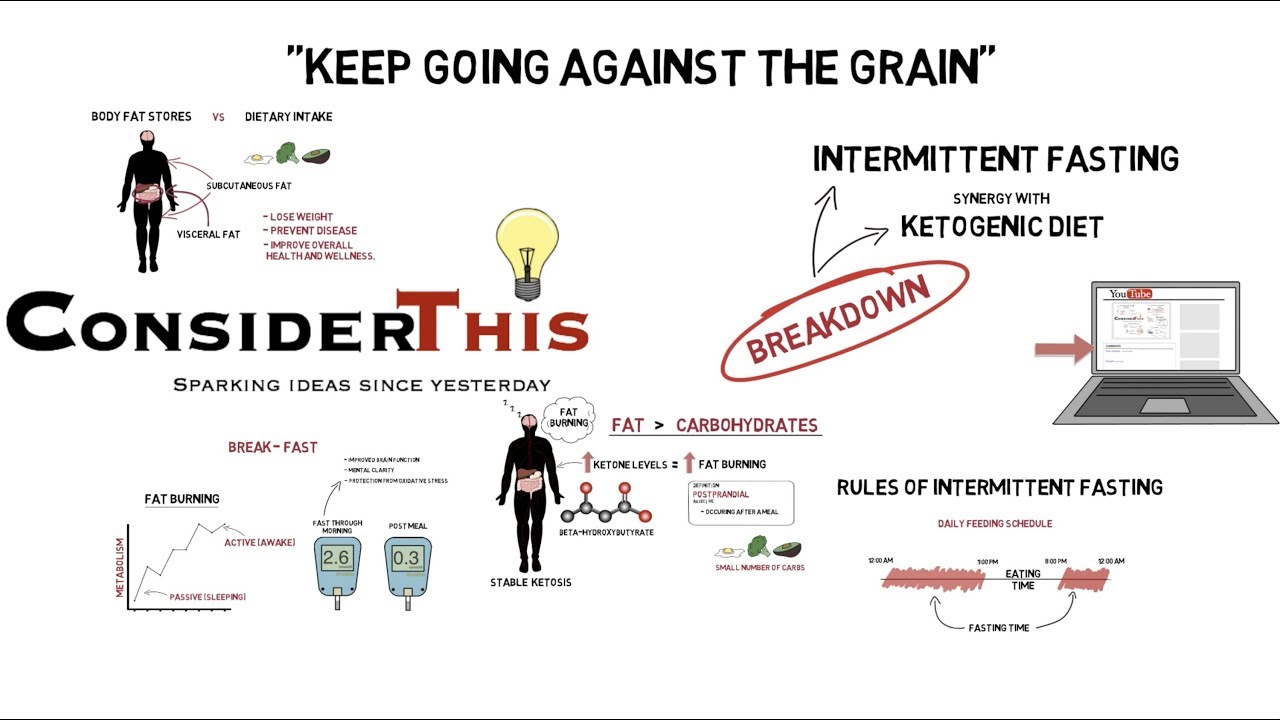
Intermittent Fasting & Fasting Video – 26
- Post author:
- Post published:May 14, 2021
- Post category:Uncategorized
- Post comments:0 Comments
You Might Also Like
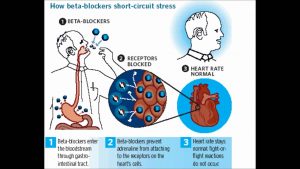
Cardiac Drugs Quick and Dirty Summary

Are BCAA’s Worth It? (Branched Chain Amino Acids Review)
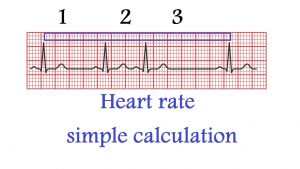
How do you calculate heart rate from ECG?
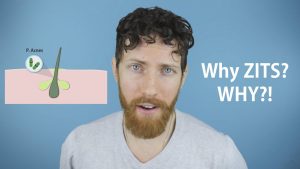
Causes of Acne

Bowen Therapy Video – 2

FAQ 11: What To Eat Before and After a Workout | Health and Fitness

9 Common Side Effects of Fish Oil Supplements

Caffeine Effects Video – 1

What is a renal function test ?
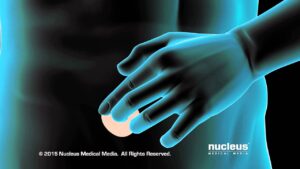
Testosterone & Androgenic Effects Video – 2

Lateral Raises-12

Muscle Building Workout & Squats Video – 11

LOWER ABS UNLEASHED – 3 Exercises! (V-CUT Abs)

How to Do Triceps Dumbbell Extensions

Decline Bench Press-2

Human Body, Body Building Muscle Building Anatomy Physiology Video – 4

How to Do a Squat | Gym Workout

Latissimus Dorsi Bent Over Row-6
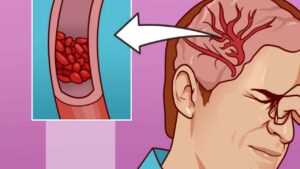
11 Signs Your Body Needs More Magnesium
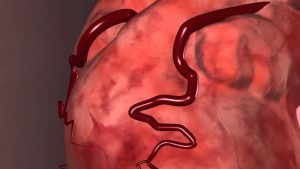
Do You Know The Warning Signs of Heart Disease?

Pediatric Physiotherapy Video – 15

How to Do a Perfect Russian Twist | Female Bodybuilding

Triceps Dip Machine
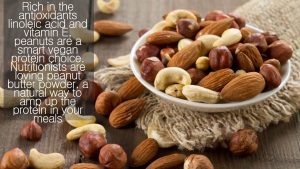
5 Best Vegan Protein Sources to Stay Energized | Nutrition Pass

Sprinter’s Step Up With Bar

TRX Warmup
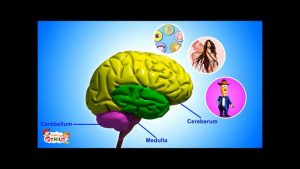
Our Brain – Human Anatomy -Lesson for Kids- School Science Video

Sample Diet Chart For Pregnant Women- SheCare
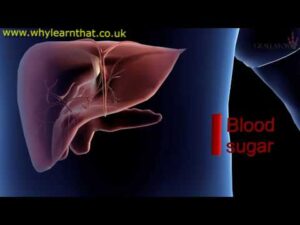
Endocrine system and diabetes

Seated Bent Over Rear Delt Raise – Shoulder Exercise – Bodybuilding.com
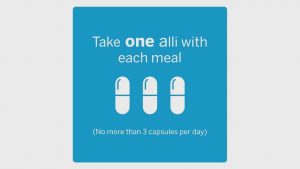
Diet ideas – alli Diet Pills for Weight Loss, Orlistat 60 mg Capsules, Refill Pack 120 count

Physical Geology – Minerals – What are Minerals and Their Properties?
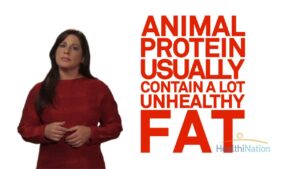
Different Types of Protein | HealthiNation
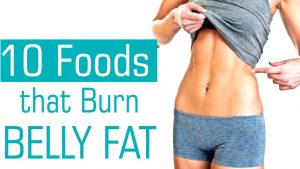
Top 10 Foods That Help Lose Belly Fat – Tips To Burn Belly Fat

Neuro Surgery Video – 1

Heavy Weights vs Light Weights | Build Muscle (THE WINNER IS…)

Showtime GP – Freestyle 05 #calisthenics
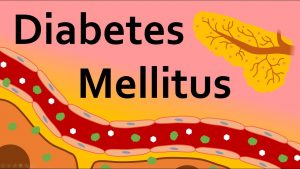
Diabetes Mellitus and Insulin

Top 10 Resistance Band Exercises (You can do anywhere)

The Disturbing Truth about Vitamin Supplements – Sharp Science

BICEP CURLS on Low Pully (Hindi / Punjabi)

